Who is Carlos Ghosn and why has he been rearrested in Japan?
Former Nissan chief faces further scrutiny over alleged financial misconduct
A free daily email with the biggest news stories of the day – and the best features from TheWeek.com
You are now subscribed
Your newsletter sign-up was successful
Former Nissan chairman Carlos Ghosn has been rearrested in Japan, eliminating any hopes of him being released before Christmas.
Ghosn, who has been detained since mid-November over financial misconduct allegations, was due to be released on bail after a court in Tokyo “rejected a request by the prosecution to extend his detention”, says the BBC.
He allegedly under-reported ten billion yen (£69m) as five billion yen (£34.5m) between 2011 and 2016.
The Week
Escape your echo chamber. Get the facts behind the news, plus analysis from multiple perspectives.

Sign up for The Week's Free Newsletters
From our morning news briefing to a weekly Good News Newsletter, get the best of The Week delivered directly to your inbox.
From our morning news briefing to a weekly Good News Newsletter, get the best of The Week delivered directly to your inbox.
On Friday morning, however, the Brazilian-born businessman was rearrested over suspicions that he “had used Nissan to cover personal trading losses”, The Sunday Times reports.
The arrest concerns payments Ghosn carried out in 2008, where he supposedly “transferred 1.85 billion yen (£13.1m) of trading losses from a personal asset management company to Nissan”, the newspaper says.
“The accused was responsible for managing Nissan’s overall operations and for dutifully fulfilling his role as CEO not to cause damage to Nissan and its subsidiaries,” said Japanese prosecutors. “But he took action that betrayed his role and caused financial damage to Nissan.”
The Renault-Nissan-Mitsubishi Alliance had stripped Ghosn of his chairman roles at Nissan and Mitsubishi after his arrest in November, though he still remains chairman and chief executive of Renault, according to Autocar.
A free daily email with the biggest news stories of the day – and the best features from TheWeek.com
If found guilty, he faces up to ten years in prison and a fine up to £4.9m, the motoring magazine says.
Speaking to Japanese broadcaster NHK, Ghosn said: “Things as they stand are absolutely unacceptable. I want to have my position heard and restore my honour in court.”
Who is Carlos Ghosn?
Ghosn is a “towering figure” in the car industry, one who has helped turn Nissan, along with its partners Renault and Mitsubishi, into one of the biggest motoring organisations in the world, says the BBC’s business correspondent Theo Leggett.
The businessman joined Renault in 1996 before being promoted to chief operations officer at Nissan in 1999, says Autocar. In 2001, he became Nissan’s chief executive officer. He was a pivotal figure in steering the company away from near-certain bankruptcy.
Ghosn stepped down from his position as Nissan CEO in February 2017, but he was still a key figure in the operations of all three manufacturers until his arrest.
Why was he arrested in November?
On 19 November, Tokyo-based news outlets were reporting that Ghosn had been taken into custody in the Japanese capital on suspicion of under-reporting his salary.
This was swiftly followed by an official announcement from Nissan, which confirmed that it was investigating both Ghosn and Greg Kelly, its representative director, after a whistleblower uncovered “significant acts of misconduct”.
The firm’s investigation claimed that both Ghosn and Kelly had been quoting compensation amounts in the Tokyo Stock Exchange securities report that were “less than the actual amount” in order to reduce the disclosed amount of Ghosn’s payment.
Ghosn’s pay at the Japanese firm has faced intense scrutiny after he was named the best-paid executive in Japan, a country where executives earn less than those in similar roles in other countries, says the Financial Times.
His annual income at Nissan peaked at 1.1 billion yen (£7.6m) in the 2016-2017 fiscal year, according to the FT, while he received 735 million yen (£5m) this year
-
 Political cartoons for February 14
Political cartoons for February 14Cartoons Saturday's political cartoons include a Valentine's grift, Hillary on the hook, and more
-
 Tourangelle-style pork with prunes recipe
Tourangelle-style pork with prunes recipeThe Week Recommends This traditional, rustic dish is a French classic
-
 The Epstein files: glimpses of a deeply disturbing world
The Epstein files: glimpses of a deeply disturbing worldIn the Spotlight Trove of released documents paint a picture of depravity and privilege in which men hold the cards, and women are powerless or peripheral
-
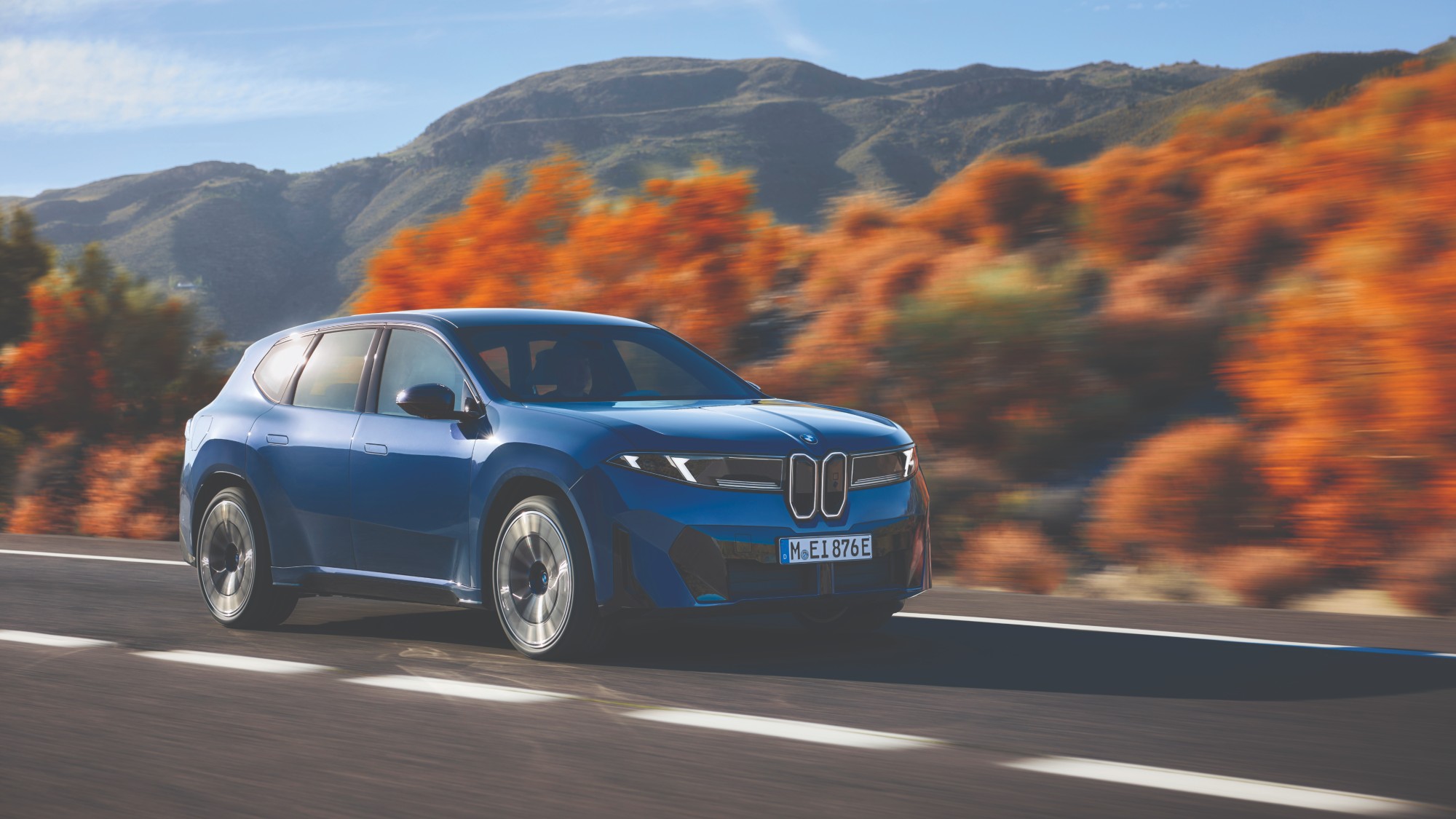 The best new cars for 2026
The best new cars for 2026The Week Recommends From SUVs to swish electrics, see what this year has to offer on the roads
-
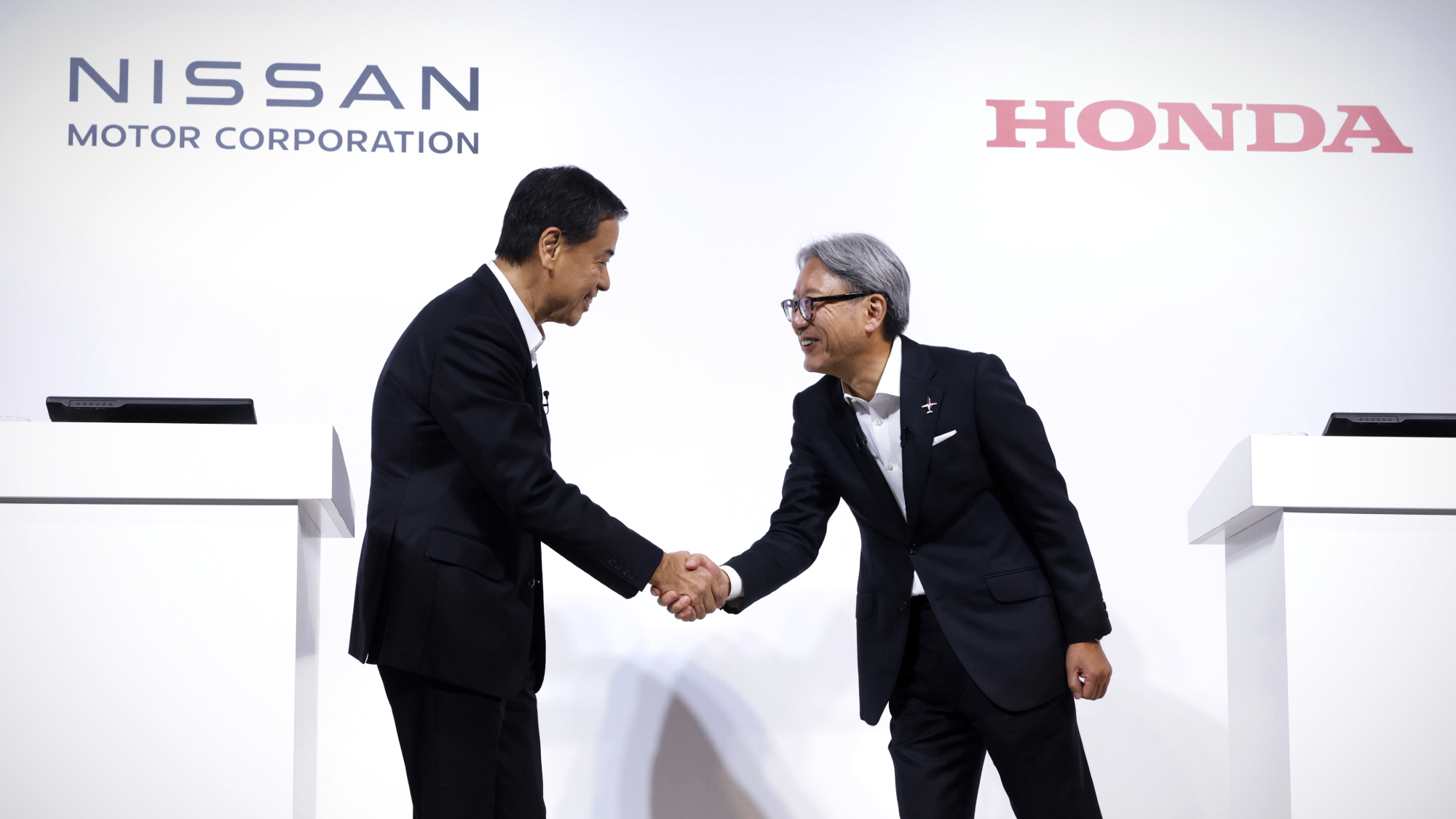 Honda and Nissan in merger talks
Honda and Nissan in merger talksSpeed Read The companies are currently Japan's second and third-biggest automakers, respectively
-
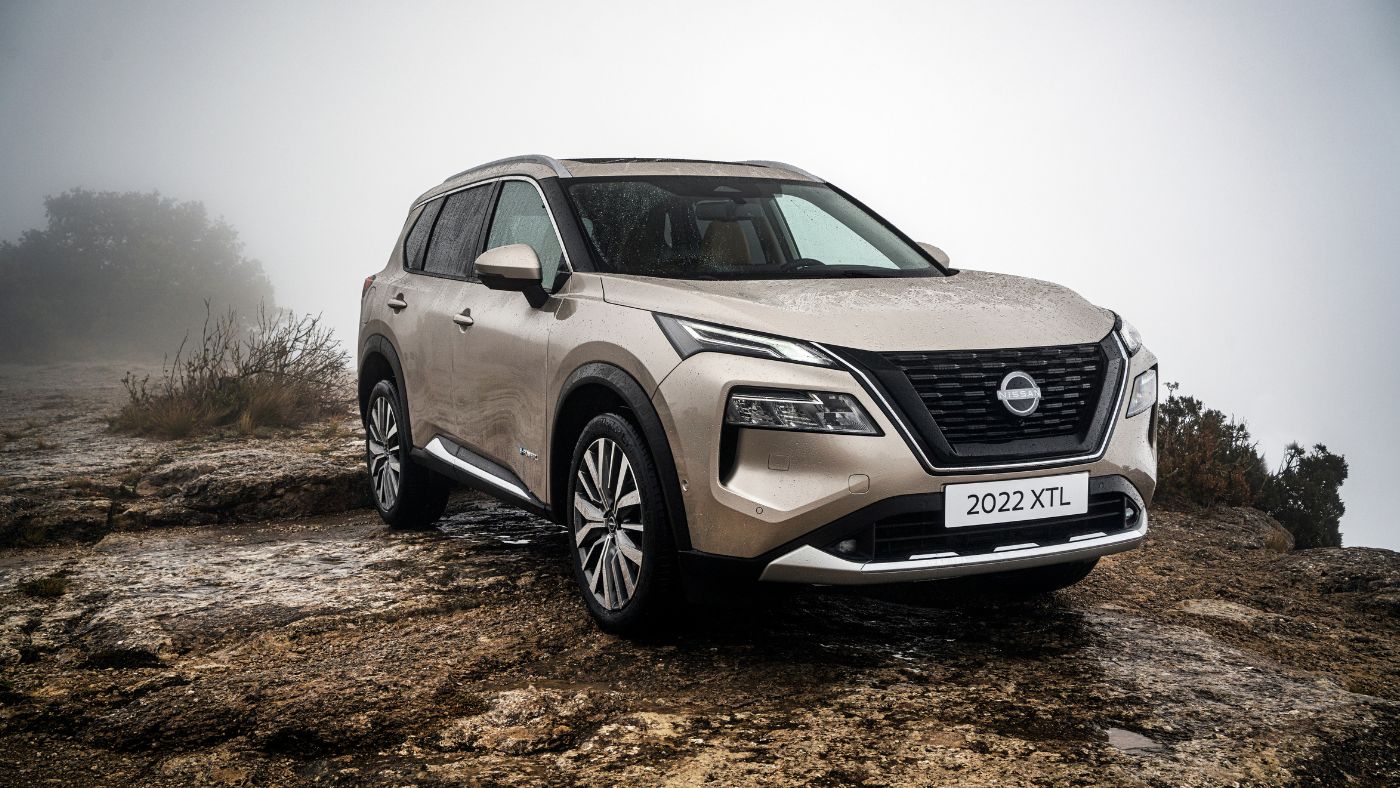 Nissan X-Trail review: what the car critics say
Nissan X-Trail review: what the car critics sayfeature Nissan’s new electric seven-seater may not ‘set the world on fire’ but it has been ‘carefully crafted’
-
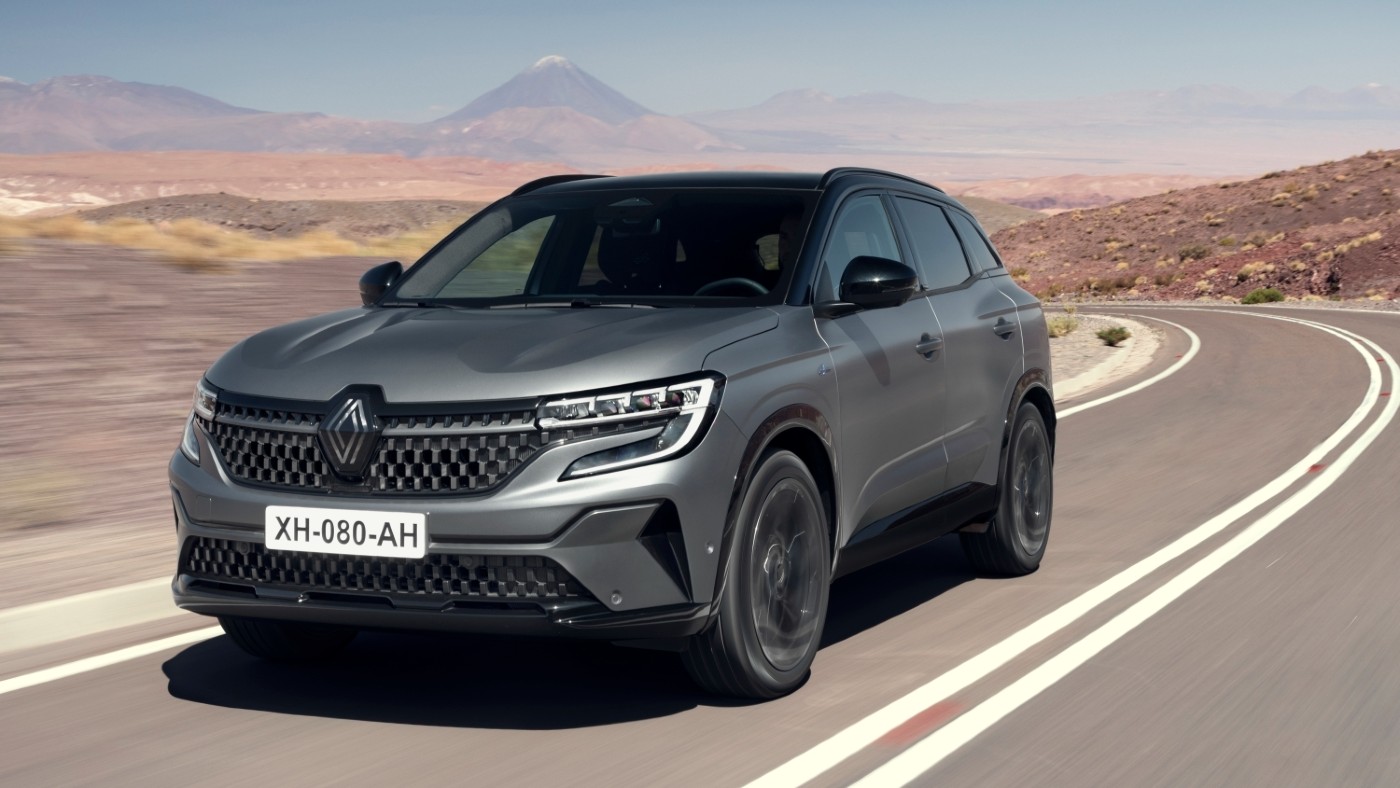 Renault Austral 2023 review: what the car critics say
Renault Austral 2023 review: what the car critics sayfeature Renault’s new mid-size family crossover is stylish and has keen handling
-
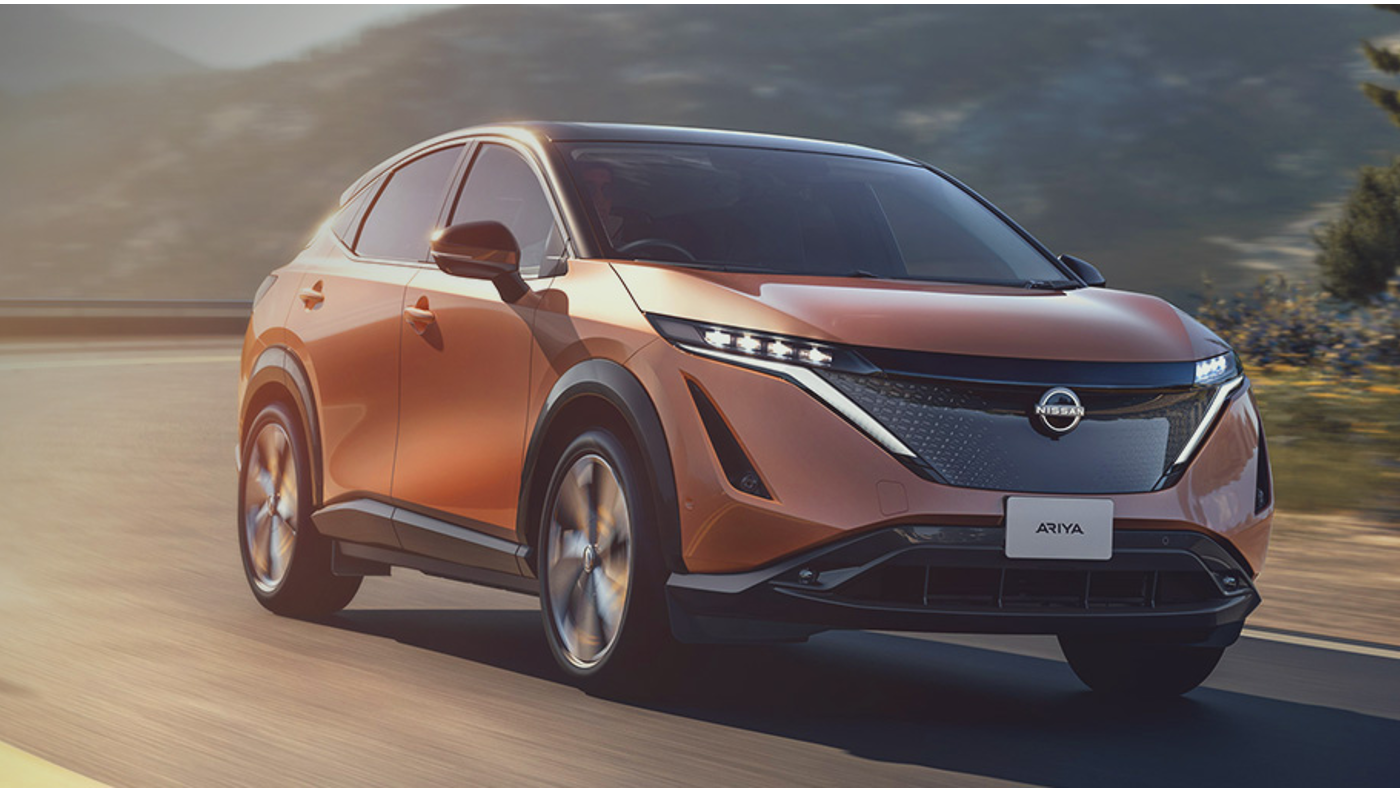 Nissan Ariya review: what the car critics say
Nissan Ariya review: what the car critics sayfeature Nissan’s new all-electric crossover pulls away quickly and the ride feels soft, but suspension isn’t great
-
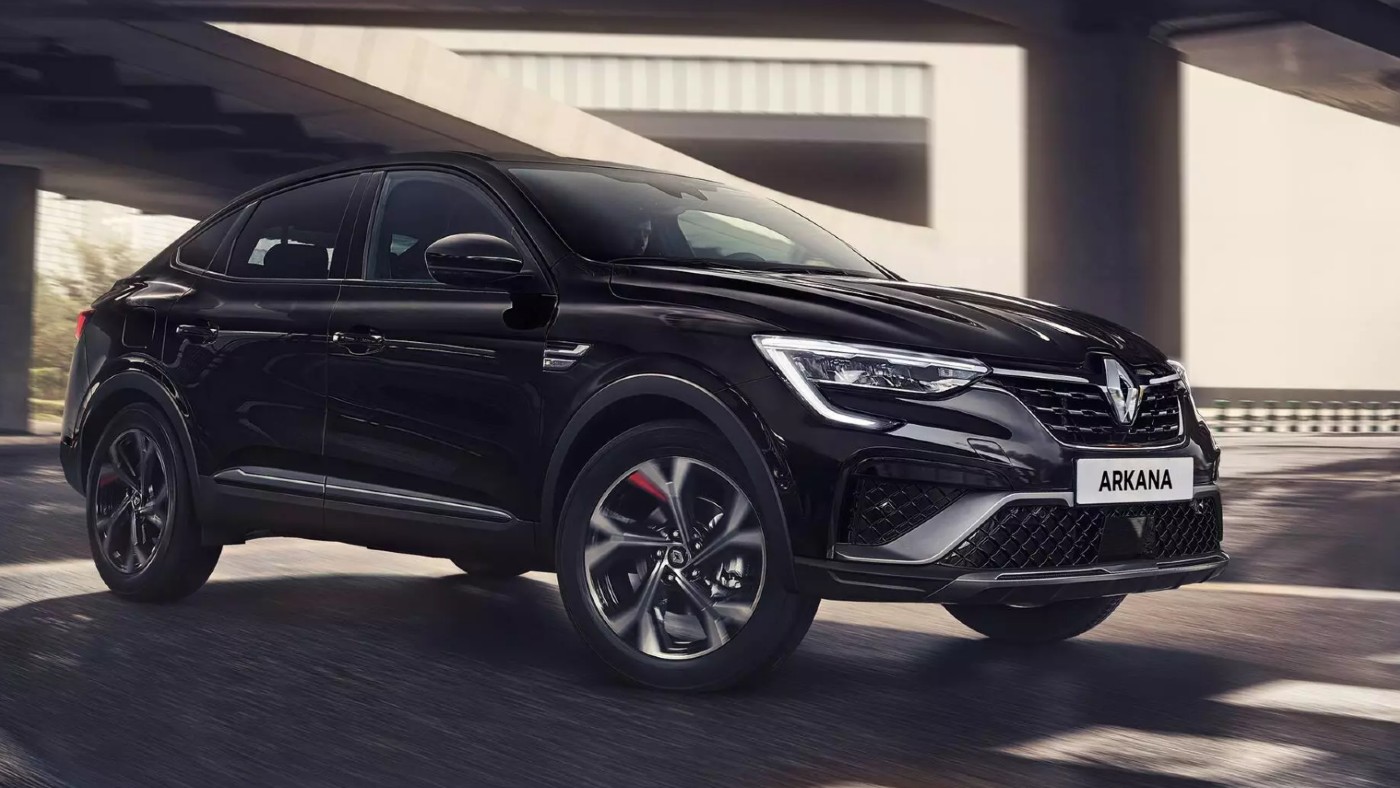 Renault Arkana reviews: what the critics say
Renault Arkana reviews: what the critics sayfeature This multi-purpose hybrid car appears ‘made for the school run’
-
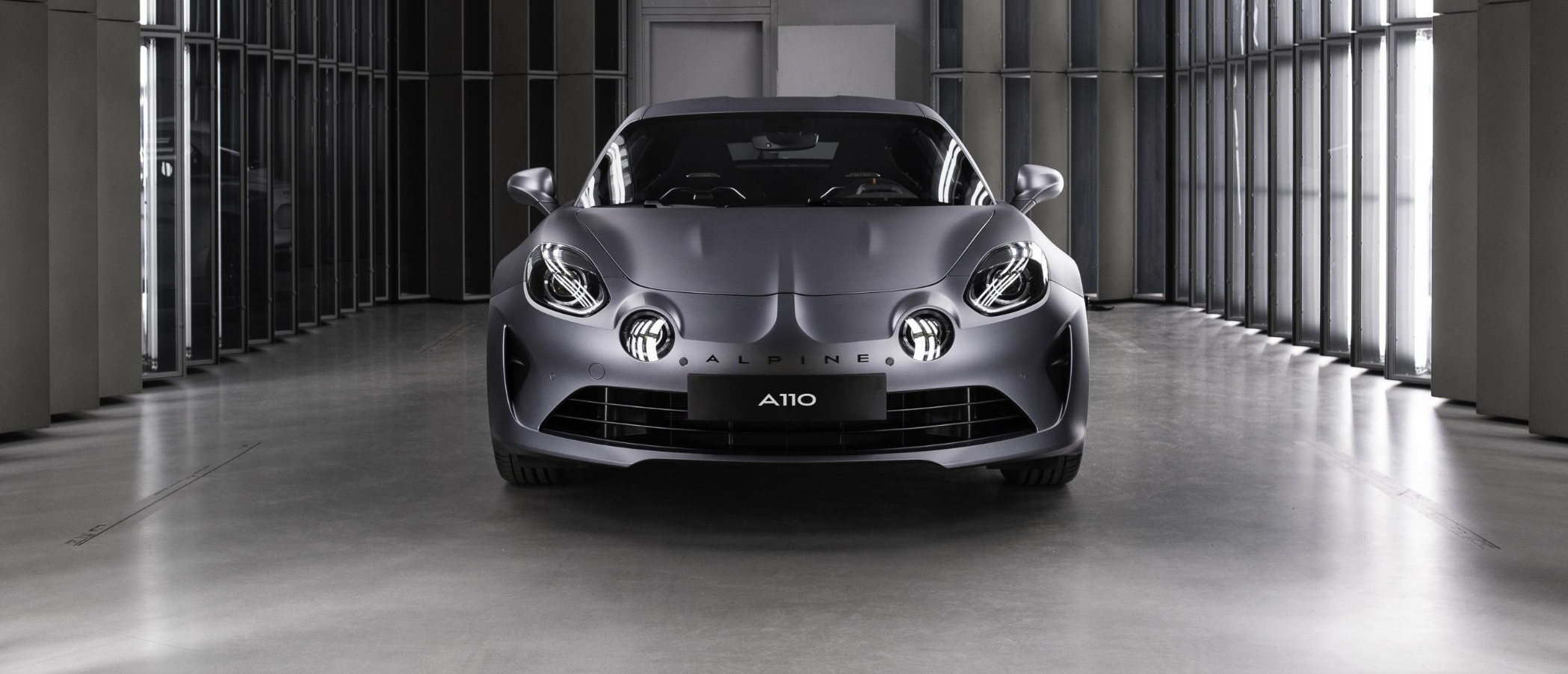 Alpine A110S reviews: the Porsche 718 Cayman’s greatest rival gets even sharper
Alpine A110S reviews: the Porsche 718 Cayman’s greatest rival gets even sharperThe Week Recommends Renault’s performance arm gives its rally-inspired A110 a sportier edge
-
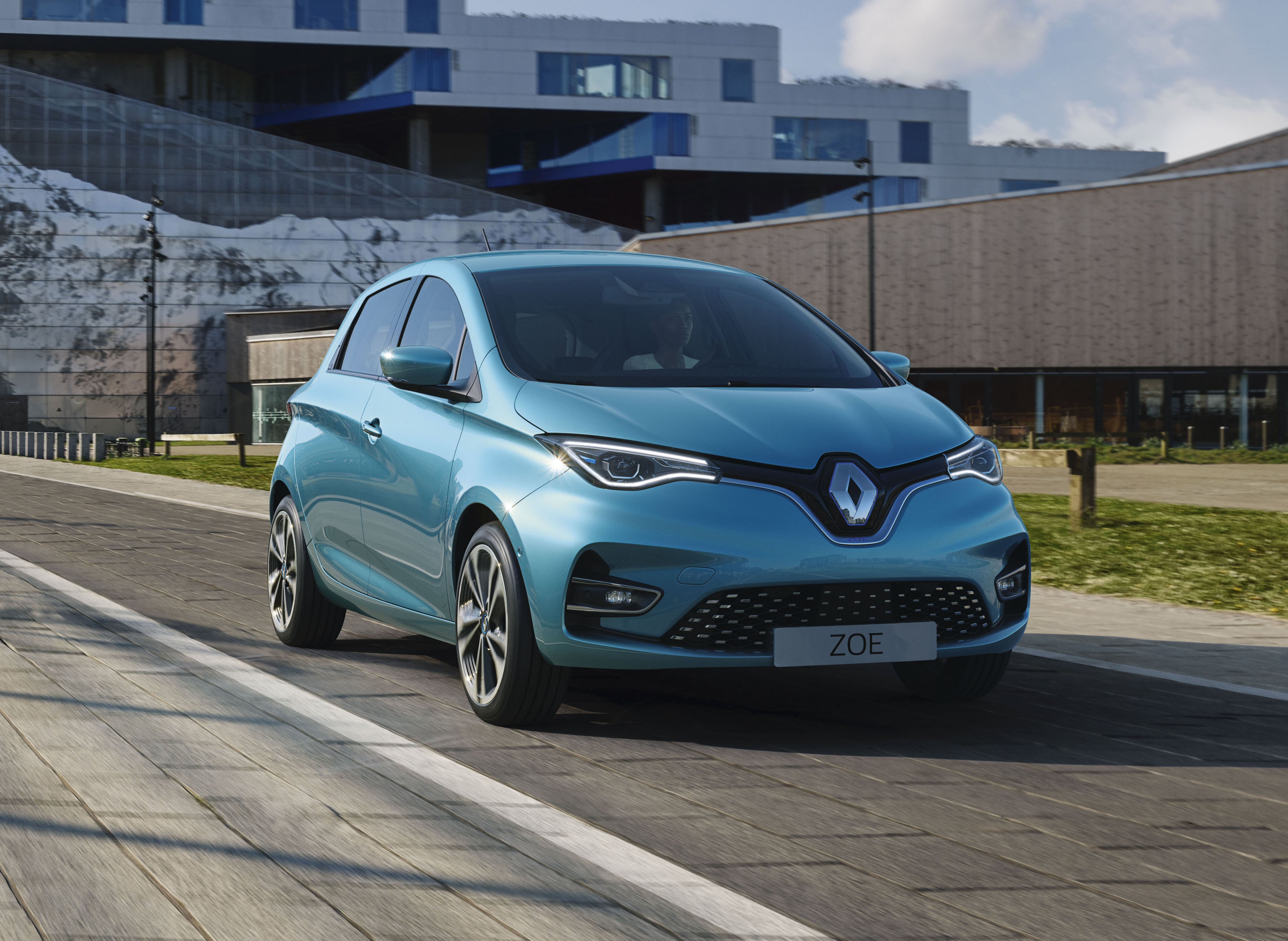 Renault Zoe 2019 reviews: still the best electric city car on the market?
Renault Zoe 2019 reviews: still the best electric city car on the market?The Week Recommends French carmaker ups its game with improved battery range and hi-tech cabin